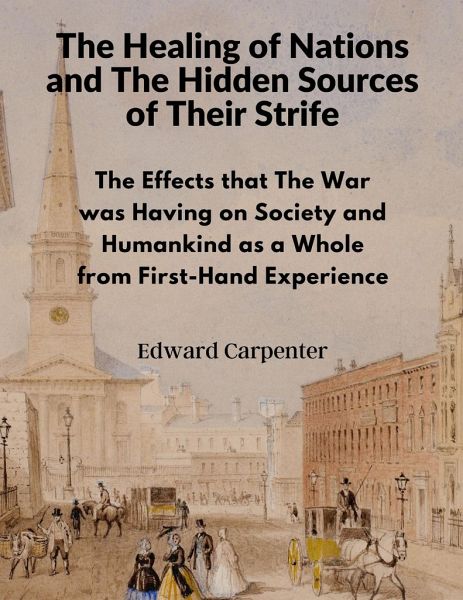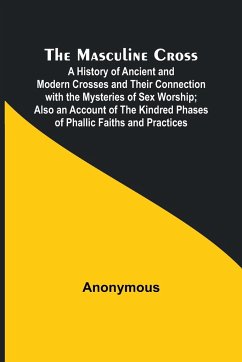Nicht lieferbar

The Healing of Nations and The Hidden Sources of Their Strife
Versandkostenfrei!
Nicht lieferbar
Originally published in 1915 in the middle of World War I, Carpenter explores the effects that the war was having on society and humankind as a whole from first-hand experience. In particular, book focus on the differences between Germany and England, the causes of the war and suggestions for restoration and recovery when the war has ended. Carpenter details all of this in a realistic way drawing on matters such as class to put forward his anti-war stance as well as philosophical approaches to coping with tragedy. This title will be of interest to students of history, sociology and politics.













